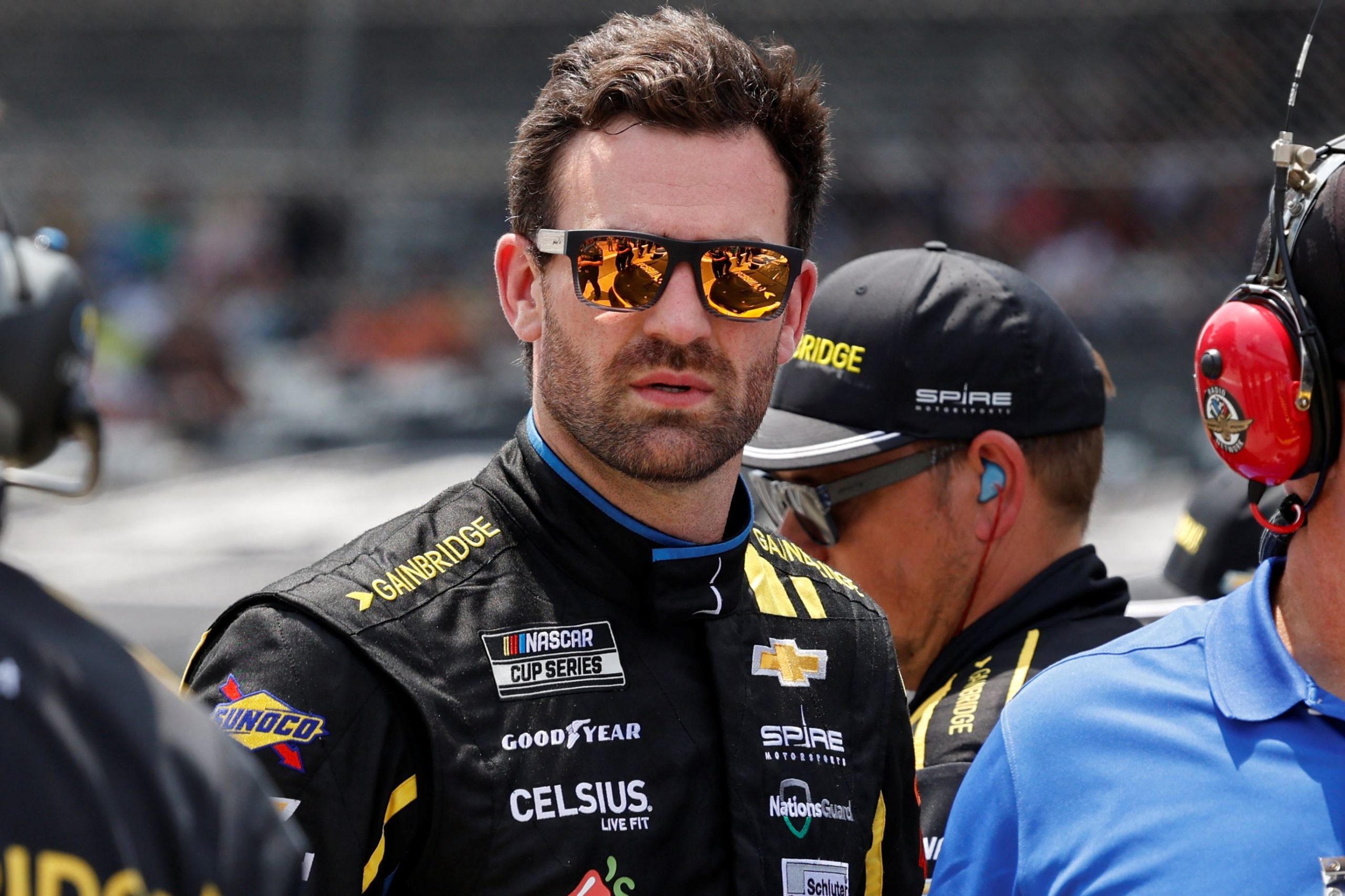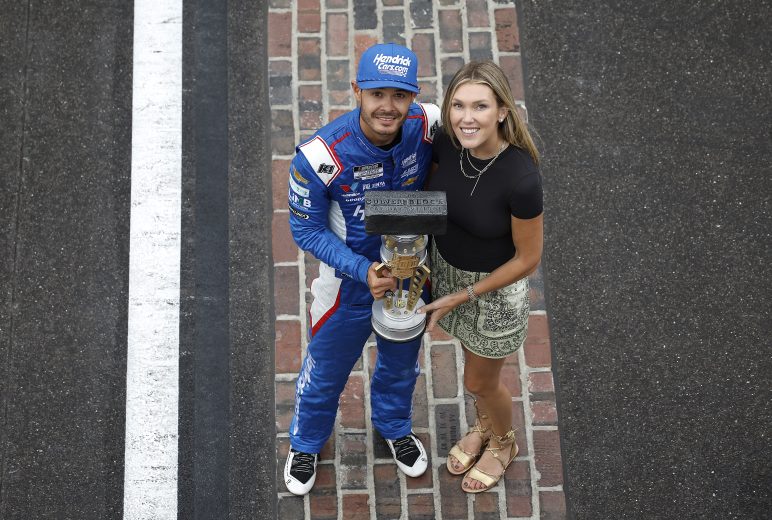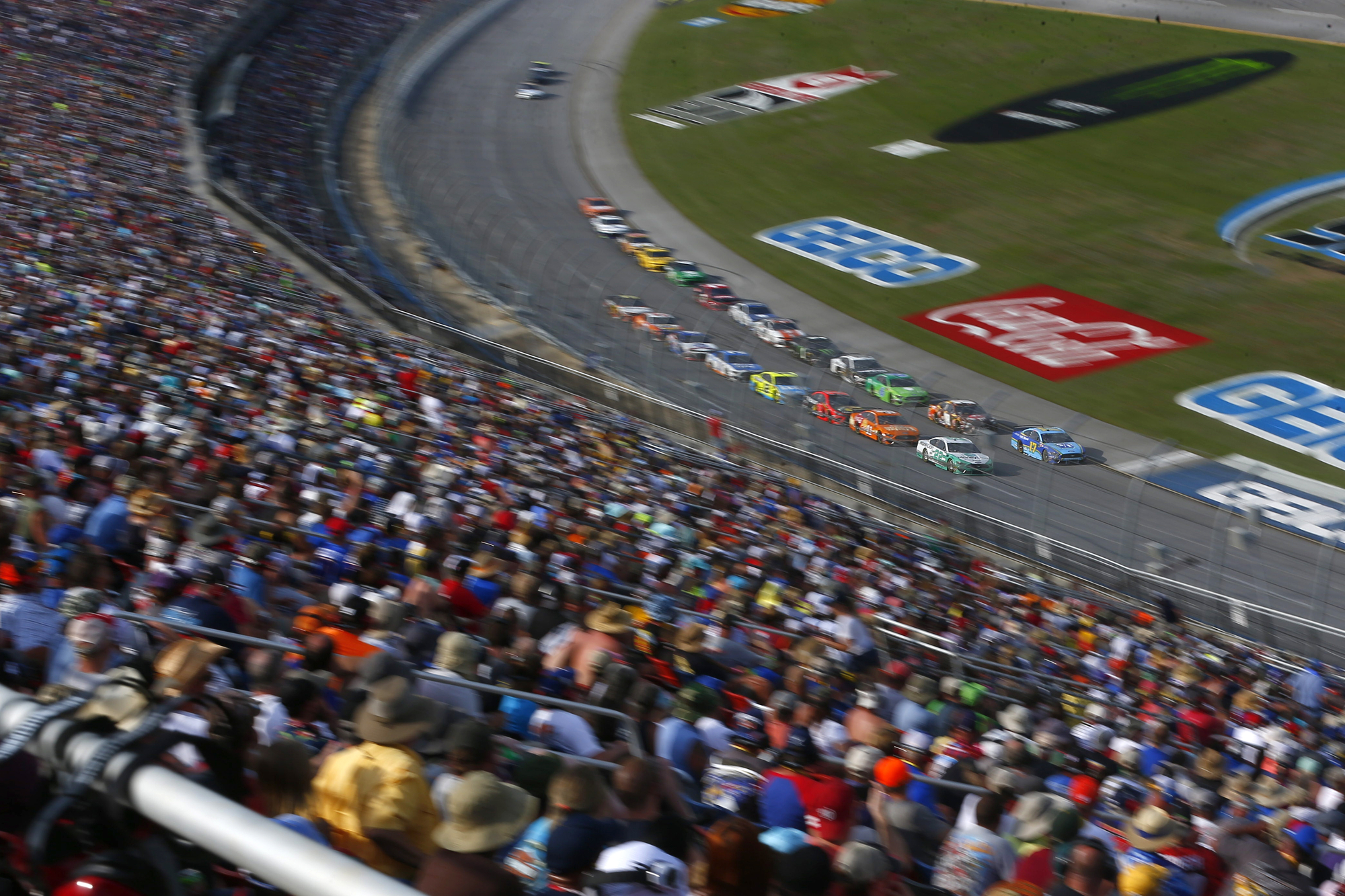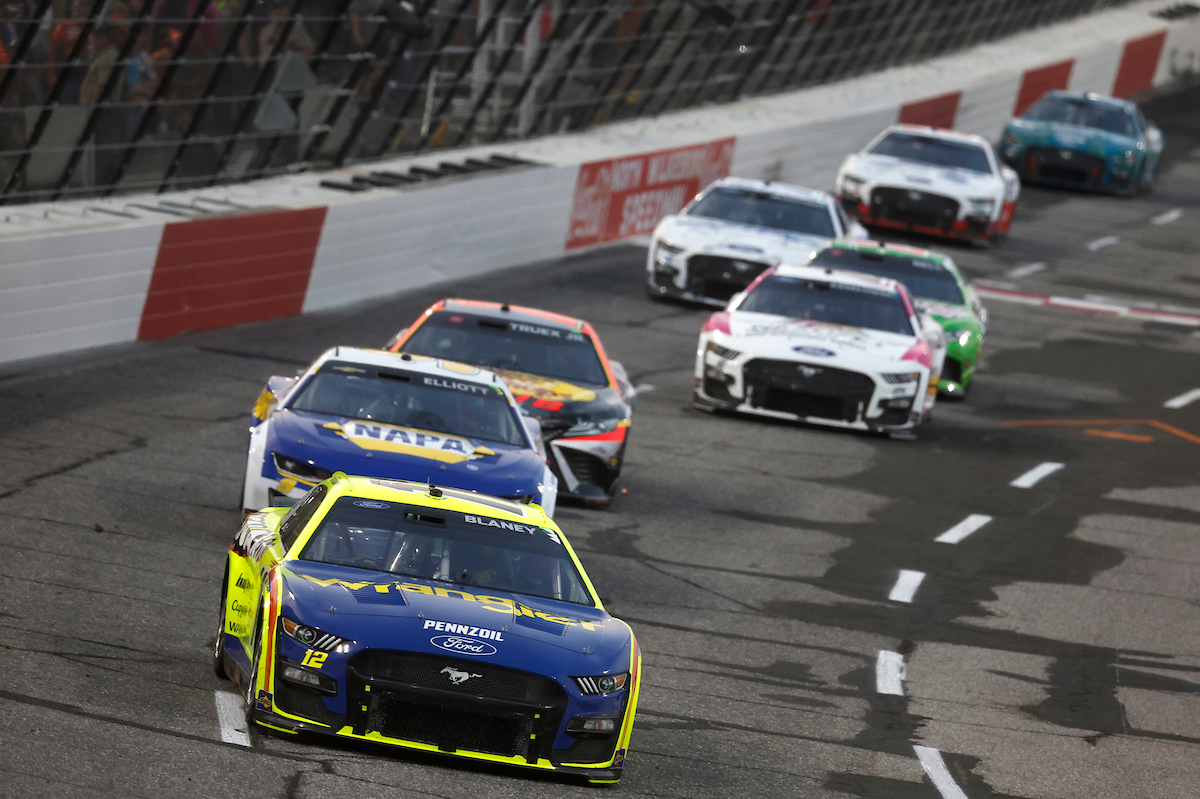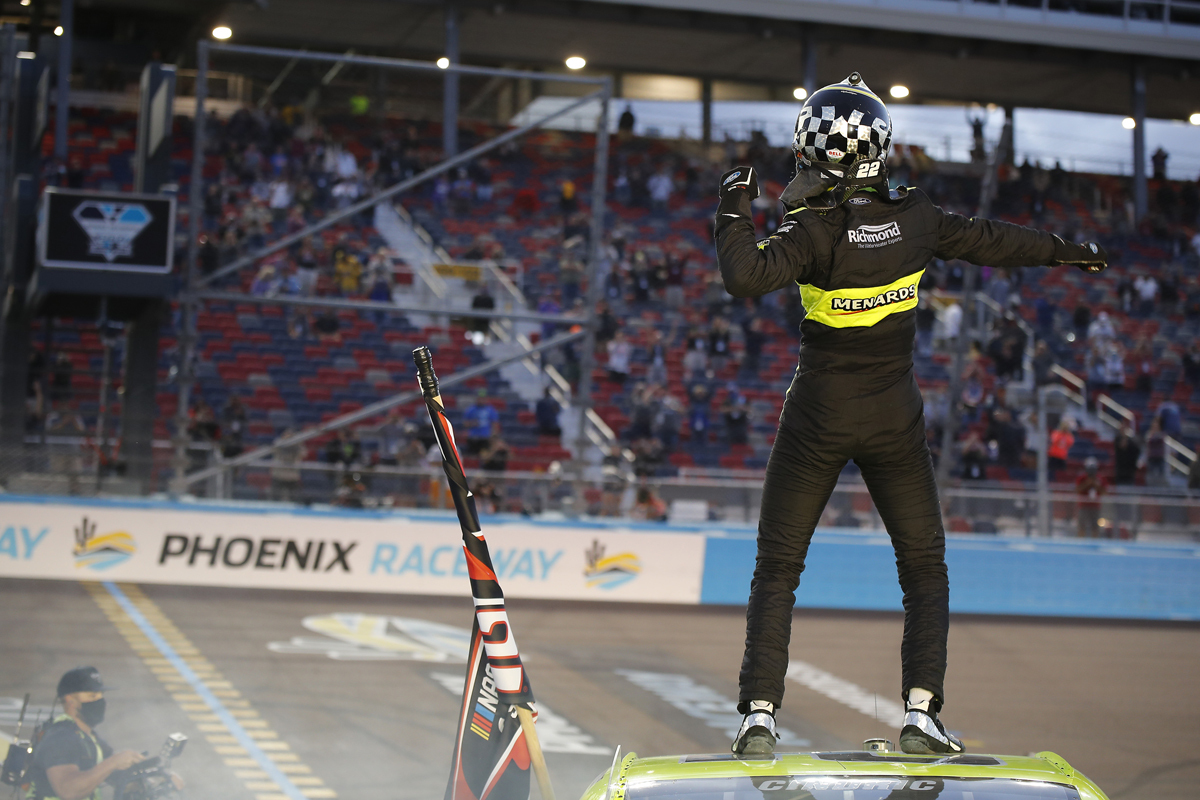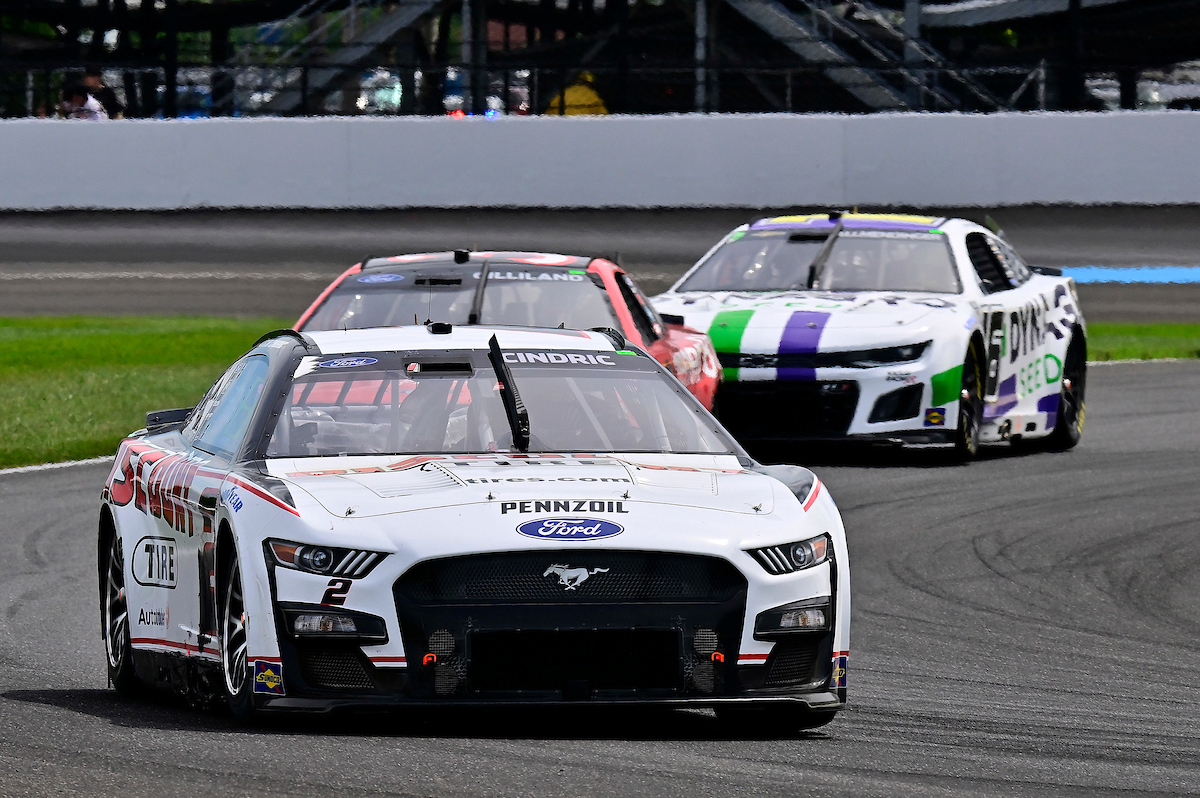Why don’t NASCAR race in the rain?
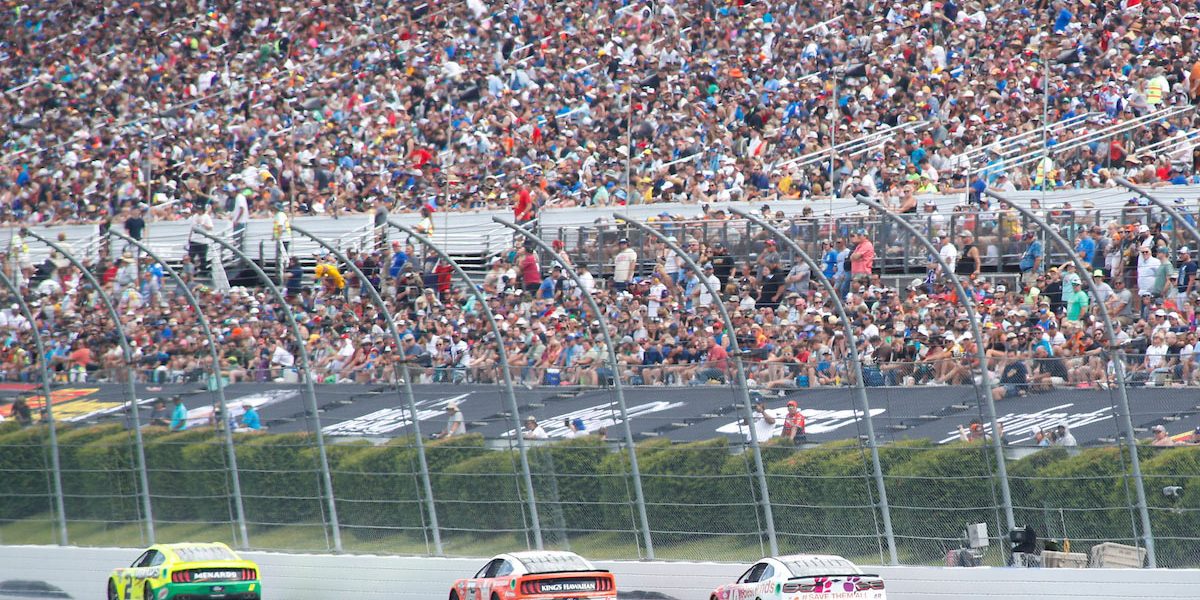
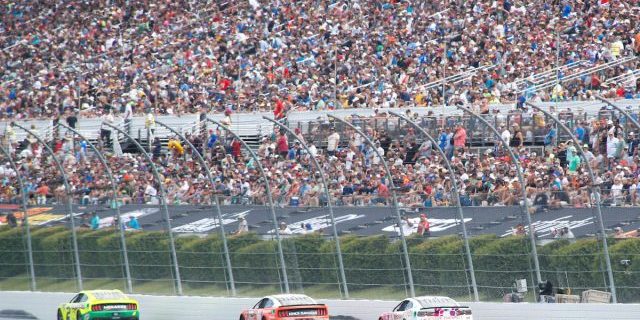
You’ve probably watched various forms of motorsports that continue unabated, rain or shine. So you might wonder, why don’t NASCAR races happen in the rain?
The primary reason NASCAR races are generally not conducted in the rain is for safety concerns. Wet conditions significantly alter the grip, control, and visibility for drivers, leading to a higher risk of accidents.
Table of Contents
In this article
In this article, we’ll delve deep into the complexities that make racing in the rain a significant challenge for NASCAR events. From understanding the science of tire grip and friction to exploring the technology and regulations, we’ll get to the bottom of why NASCAR typically avoids wet tracks.
A Detailed Explanation
The Science of Friction and Grip
The cornerstone of any racing sport lies in the relationship between the tires and the road. Unlike Formula 1, which uses treaded tires in wet conditions to increase grip, NASCAR vehicles are equipped with “slick” tires that have no treads. These slick tires provide optimal grip in dry conditions but lose their efficacy when wet, leading to a greater chance of skidding and losing control.
Vehicle Dynamics
NASCAR cars are built for speed and agility in specific conditions—those conditions generally do not include wet, slippery tracks. Aspects such as downforce, tire pressure, and suspension are all calibrated for dry races. When rain comes into play, these finely-tuned setups are no longer optimal, and it’s nearly impossible to adjust everything in real-time during a race.
Regulatory Guidelines
The NASCAR rulebook also plays a part. While there are provisions for rain tires and windshield wipers, these are generally only permitted in road course races, not the oval tracks where the majority of NASCAR events take place. This regulation itself acts as a deterrent for racing in wet conditions.
Here’s everything else you need to know about the other factors influencing NASCAR’s decision to avoid rain-soaked races.
Driver Skills and Training
In the world of NASCAR, driver skill is a major component. These drivers are trained to tackle high-speed situations, but these skills are honed primarily for dry conditions. Adding rain to the mix introduces a layer of unpredictability. Maneuvering a car at 200 mph on a wet track without losing control is a skill that not all drivers possess. While some argue that this could separate the great drivers from the good ones, the safety risks involved outweigh the benefits.
Fan Experience and Engagement
NASCAR is not just about the drivers and teams; it’s a spectacle designed for fans. Wet conditions would mean reduced visibility and a higher chance of cautions or stoppages, which impacts the overall fan experience. Unlike sports like football where rain might be considered an added element of drama, in NASCAR, it’s mostly a hindrance to the show.
Broadcast Considerations
Television broadcasts are an essential part of NASCAR’s reach and revenue. Inconsistent weather conditions create significant challenges for broadcasters, from maintaining the quality of camera feeds to communicating effectively with the viewing audience. Rain complicates these aspects, leading to a less enjoyable viewing experience.
Track Infrastructure and Drainage
Race tracks are built to meet specific conditions, and drainage is a crucial element in their design. While some road courses might be able to handle water drainage effectively, oval tracks, where most NASCAR events happen, usually aren’t as equipped for rapid water clearing. Pooling water on these tracks not only affects vehicle control but can also lead to hydroplaning, a situation where a layer of water builds between the tires and the surface, leading to a loss of traction and control.
Economic Implications
The economics of organizing a NASCAR race are complex and involve multiple stakeholders including sponsors, teams, and broadcasters. A rain-interrupted race can result in a loss of viewership and subsequent revenue. Additionally, there are logistical nightmares concerning rescheduling races or extending race weekends, both of which lead to increased operational costs.
Alternatives to Racing in the Rain
Given the issues that come with rain, NASCAR has alternative strategies in place. One of the most common is to delay the race until conditions improve. In certain instances, especially at road courses, NASCAR has authorized the use of rain tires. However, these are exceptions rather than the rule.
Why don’t NASCAR race in the rain? – Final Thoughts
You’ve navigated through the many reasons why NASCAR typically avoids racing in the rain. From safety concerns tied to tire grip and vehicle dynamics to logistical issues related to fan engagement and broadcasting, it’s clear that a lot goes into this seemingly simple decision. It’s not just about avoiding a little wet weather; it’s about maintaining the integrity and safety of a beloved sport. So the next time clouds gather on a race day, take comfort in knowing that the decision to delay or cancel isn’t taken lightly—it’s all in the name of safety and enjoyment for everyone involved.
Why don’t NASCAR race in the rain? – FAQ
Why does Formula 1 race in the rain but not NASCAR?
Formula 1 cars are equipped with treaded tires suitable for wet conditions and are generally more agile, making them better suited for wet racing.
Are there any NASCAR races that have happened in the rain?
Yes, some road course races have proceeded in light rain with the use of rain tires.
What happens if it starts to rain in the middle of a NASCAR race?
Typically, the race will be paused or red-flagged until conditions improve.
How do teams prepare for the possibility of rain?
Teams monitor weather conditions closely and may adjust strategies, although full preparation for a wet race is generally not feasible for NASCAR events.
Can fans get refunds for rain-delayed or canceled races?
Policies vary by venue, but generally, tickets are honored for the rescheduled event, and refunds are not usually offered.
This should cover everything you’ve wondered about why NASCAR avoids rain-soaked races. Thanks for reading!


